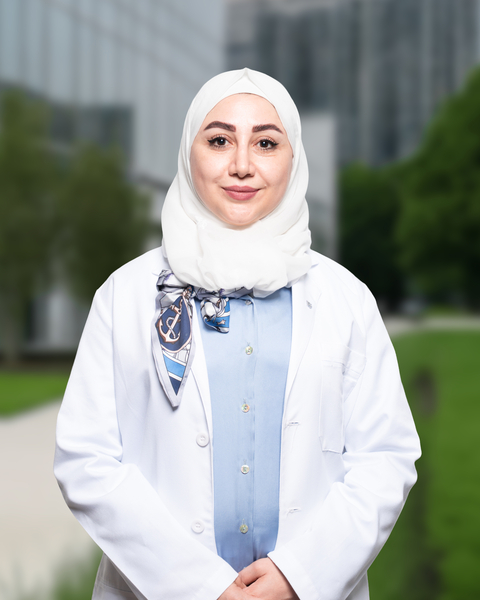 5+ years of exp
5+ years of exp
Languages
Arabic and EnglishClinics
HealthHub - Al Warqa
HealthHub - Arabian Center
HealthHub Day Surgery - Festival City

 5+ years of exp
5+ years of exp
HealthHub - Al Warqa
HealthHub - Arabian Center
HealthHub Day Surgery - Festival City